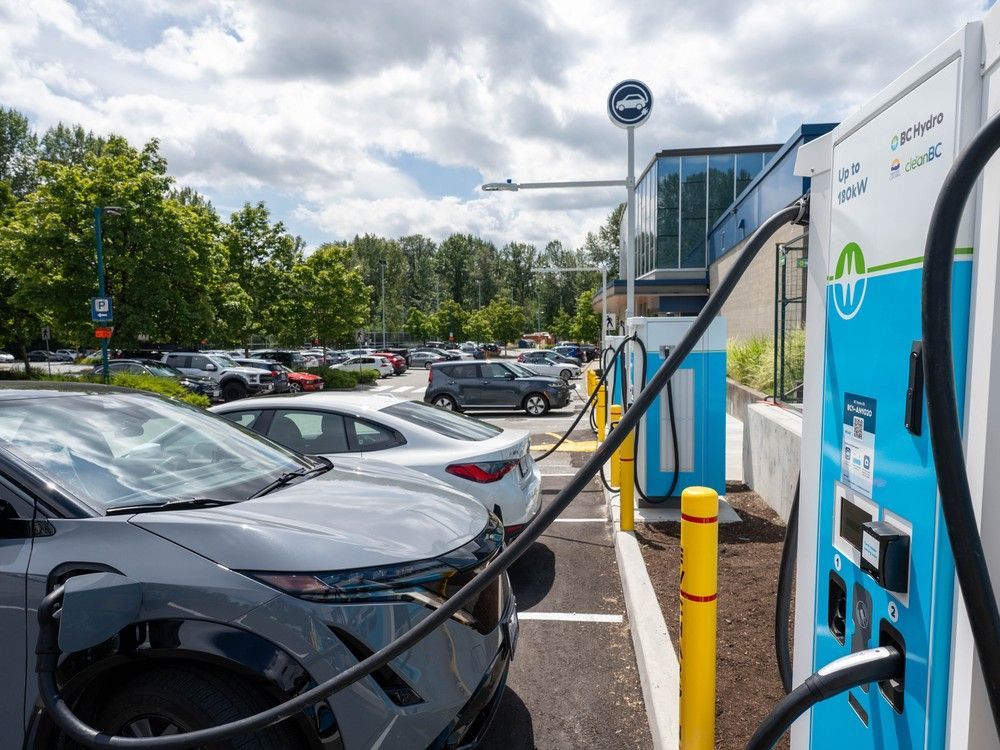As climate change intensifies, communities face escalating threats from flooding and heat waves, necessitating a proactive approach to disaster preparedness. Researchers at the Feinstein International School have developed a novel framework aimed at pinpointing the most vulnerable populations, thereby addressing a critical gap in current disaster response strategies. This framework not only identifies at-risk communities but also emphasizes the importance of integrating local knowledge and resources into preparedness plans. By focusing on the specific needs and conditions of these communities, the research underscores the urgency of tailored interventions that can mitigate the impacts of climate-related disasters.
The key takeaway from this research is the imperative for a forward-looking strategy that prioritizes community engagement and resilience-building. By leveraging local insights and fostering collaboration among stakeholders, the framework offers a pathway to enhance adaptive capacity in the face of climate challenges. This approach not only aids in immediate disaster response but also contributes to long-term sustainability, ensuring that vulnerable communities are better equipped to withstand future climate impacts. The implications are profound: as climate threats grow, so too must our strategies for resilience, making this framework a vital tool for policymakers and community leaders alike.








